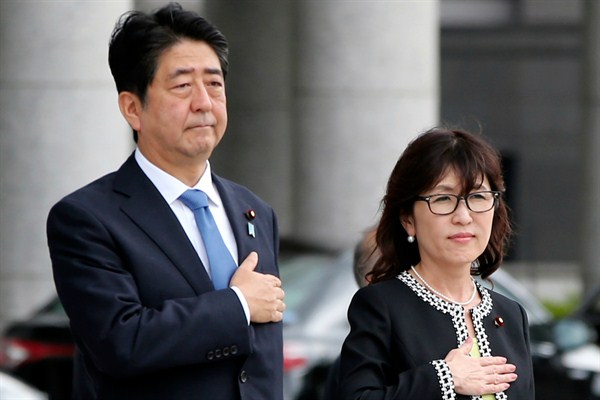Editor’s note: This article is part of an ongoing WPR series on the status of women’s rights and gender equality in various countries around the globe.
Last month, Renho Murata became the first woman to head the opposition Democratic Party in Japan. She is the third woman to recently take up a prominent political position in Japan, following the appointment of Tomomi Inada as defense minister and the election of Yuriko Koike as governor of Tokyo. In an email interview, Linda Hasunuma, an assistant professor at Franklin and Marshall College, discusses women’s rights and gender equality in Japan.
WPR: What is the current status of women’s rights and gender equality in Japan?

